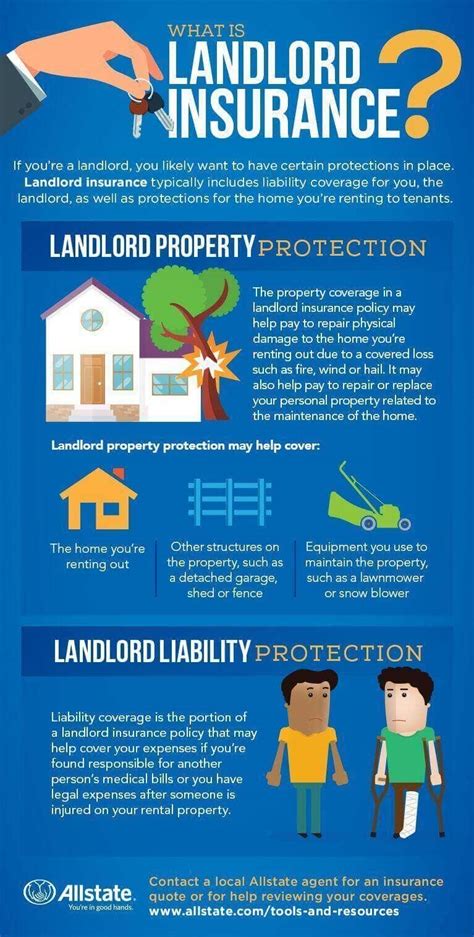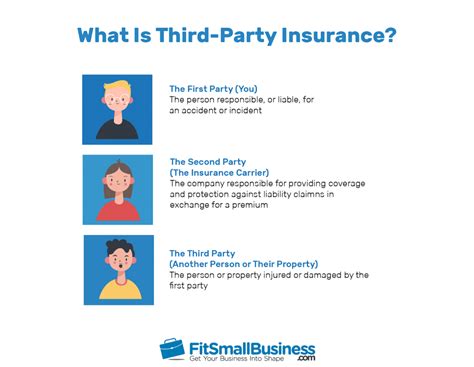Learn the importance of fire insurance, understand different coverage types, choose the right policy, and make successful claims. Essential tips for protecting your property.
Understanding Fire Insurance
Contents
Fire insurance is a type of property insurance that provides coverage for losses caused by fire. It is important for both homeowners and businesses to have fire insurance in place to protect their assets in the event of a fire.
One of the key features of fire insurance is that it not only covers damage caused by fire, but also damage caused by smoke, soot, and water used to extinguish the fire. This comprehensive coverage can be crucial in helping policyholders recover from a fire-related loss.
When it comes to choosing the right fire insurance policy, there are several factors to consider. Policyholders should carefully review the coverage limits, deductibles, and any additional protections offered by the policy. It’s also important to understand the types of fire insurance coverage available, such as replacement cost coverage, actual cash value coverage, and extended replacement cost coverage.
In the unfortunate event that a fire occurs, policyholders will need to make a fire insurance claim to receive compensation for their losses. This process can be complex, and it’s important to follow the specific procedures outlined in the policy to ensure a successful claim.
Importance of Fire Insurance
Fire insurance is a crucial aspect of protecting your home or business from the devastating effects of a fire. Fires can occur unexpectedly and can cause significant damage to your property, leading to financial losses and emotional distress. Having fire insurance in place provides peace of mind, knowing that you are financially protected in the event of a fire.
One of the key importance of fire insurance is that it provides financial support to rebuild or repair your property after a fire. Without adequate insurance coverage, you may struggle to cover the cost of repairing or replacing your home or business, which can lead to financial hardship and long-term repercussions.
Additionally, fire insurance can also provide coverage for the loss of personal belongings and valuables in the event of a fire. This can be invaluable in helping to recover from the emotional and financial impact of a fire, enabling you to replace essential items and rebuild your life.
Furthermore, having fire insurance is often a requirement for homeowners and business owners, especially if you have a mortgage or a lease on your property. Lenders and landlords typically require proof of insurance to protect their investment, making fire insurance a necessary component of property ownership and management.
Overall, the importance of fire insurance cannot be overstated. It provides financial protection, peace of mind, and ensures compliance with legal and financial obligations. By understanding the significance of fire insurance, individuals and businesses can make informed decisions to safeguard their property and assets against the risk of fire damage.
Types of Fire Insurance Coverage
When it comes to protecting your property and assets from the risk of fire, having the right fire insurance coverage is crucial. There are several different types of fire insurance coverage options available, each offering a varying degree of protection. It is important to understand the different types of fire insurance coverage available so that you can choose the policy that best meets your needs.
One type of fire insurance coverage is basic fire insurance, which provides coverage for damage caused by fire, lightning, and other related perils. This type of coverage is typically included in most standard homeowners and business insurance policies. However, it is important to review the specific coverage limits and exclusions of your policy to ensure that you have adequate protection.
Another type of fire insurance coverage is extended coverage, which expands the scope of basic fire insurance to include additional perils such as windstorm, hail, explosion, riot, smoke, and aircraft damage. This type of coverage offers a higher level of protection and is especially beneficial for properties located in areas prone to natural disasters or civil unrest.
Special perils fire insurance coverage provides the broadest level of protection, covering damage caused by all risks unless they are specifically excluded in the policy. While this type of coverage offers the most comprehensive protection, it is typically more expensive than basic or extended coverage options.
It is important to carefully evaluate the specific needs and risks associated with your property when selecting a fire insurance policy. By understanding the types of fire insurance coverage available, you can choose the policy that provides the most comprehensive protection for your unique situation.
Choosing the Right Fire Insurance Policy
When it comes to choosing the right fire insurance policy, it’s important to consider the specific needs of your property and personal belongings. One of the first things to look for is the coverage options provided by the insurance policy. Understanding the different types of coverage available will help you make an informed decision. It’s important to ensure that the policy covers the cost of rebuilding or repairing your property in the event of a fire. Additionally, it should also provide coverage for damaged or lost personal belongings.
Another key factor to consider when choosing a fire insurance policy is the reputation and reliability of the insurance company. Make sure to do thorough research and read reviews to assess the trustworthiness and customer service of the insurer. You want to be confident that the company will be there to support you in the event of a fire and that they will handle your claim efficiently.
It’s also important to pay attention to the terms and conditions of the policy, including any exclusions or limitations. Some policies may have limitations on coverage for certain types of property or may exclude coverage for certain causes of fire. Understanding these limitations will help you determine if the policy is suitable for your needs.
Furthermore, compare the cost of premiums from different insurers to find the most competitive and affordable options. While cost shouldn’t be the only factor to consider, it’s important to ensure that you’re getting good value for your money. Remember that the cheapest option isn’t always the best, so consider the overall coverage, reputation, and terms of the policy when making your decision.
Making a Fire Insurance Claim
Fire insurance is a crucial form of coverage that provides financial protection in the event of damage to your property caused by a fire. However, in order to receive compensation for the losses incurred, it is necessary to make a fire insurance claim. The process of filing a claim can be complex and daunting, but with the right knowledge and guidance, it can be made easier.
When making a fire insurance claim, the first step is to review your policy to understand the coverage provided. It is important to document the details of the fire incident, including the date, time, and cause of the fire, as well as the extent of the damage. This information will be required when submitting the claim to the insurance company.
Next, it is essential to notify your insurance provider as soon as possible after the fire occurs. The insurance company will send a claims adjuster to assess the damage and determine the amount of compensation to be provided. It is important to cooperate with the adjuster and provide them with all the necessary documentation and evidence to support your claim.
Once the claim has been filed, the insurance company will conduct an investigation to verify the details of the fire and the extent of the damage. It is important to be honest and transparent throughout this process, as any inaccuracies or misrepresentations could result in the denial of the claim.
If the claim is approved, the insurance company will provide compensation for the losses incurred, allowing you to rebuild and repair your property. However, if the claim is denied, it is important to seek legal advice and consider appealing the decision. Overall, making a fire insurance claim requires attention to detail, thorough documentation, and timely communication with the insurance provider.












